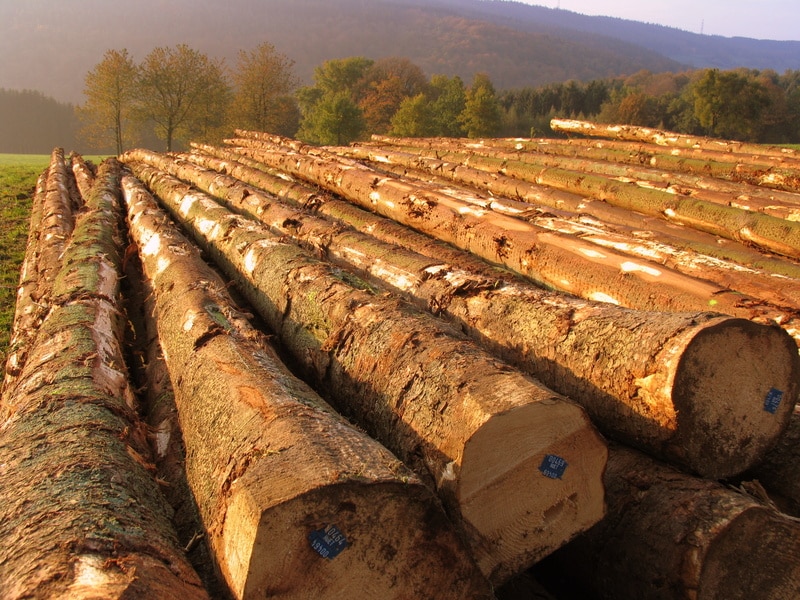Kamps services customers across a broad spectrum of industries, and we are confronted with this question frequently.
In most situations reconditioned or remanufactured pallets with recycled components are your best option for strength and value. There are some sacrifices in aesthetics, but for most industries that isn’t a concern.
For those customers who are mandated to use new pallets either by their corporate team or because their customers require it, pallet suppliers can find yourself in a minefield of considerations. Hardwoods come in different densities and have different characteristics and strengths. Less dense hardwoods like aspen and cottonwood are more plentiful in some regions and less expensive but mold quickly and are not as strong as their dense hardwood siblings like oak, hickory, ash and maple. Green hardwood can mold as well but dries and hardens quickly and doesn’t shrink as fast as aspen.
Good candidates for new pallets utilizing aspen would be from the plastic or non-food-grade light-paper-product industries where a load weighs just a few hundred pounds. Aspen can be used in food grade applications but during summertime battling mold will present significant problems.
Dense hardwood can be successfully used in food grade applications, but mold again is a concern. Air drying is the most common way to reduce moisture content prior to shipping to food-grade environments. Outside of food-grade industries, hardwood is used for many applications requiring a stronger, more durable pallet that will make many more trips than its aspen counterpart.
We’ve had success recently converting a food grade customer to a Kiln Dried Heat Treated (KDHT) option. This wood is a true softwood (southern yellow pine, spruce, pine, fir) but has been kiln dried to 6-8% moisture content and is quite strong. That low of a moisture content will not support mold growth if handled properly and was a great year-round alternative for a customer highly sensitive to mold.
Kamps subscribes to the Pallet Design Software that can design a pallet and demonstrate how that pallet will perform by plugging in lumber type, moisture content, nail length and placement. It’s a great tool to assist us in designing a pallet that you can feel confident will perform to your expectations. Contact a Kamps representative today and let us find you a good economical and practical solution to your pallet needs.


